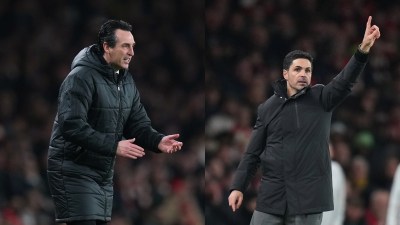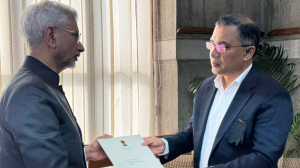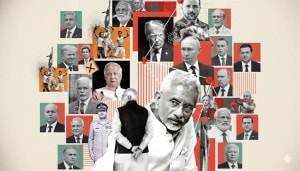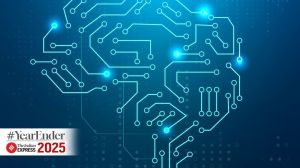“Just because you have a choice, it doesn’t mean that any of them has to be right.”
The quote comes from Norton Juster’s children’s fantasy novel, The Phantom Tollbooth (1961). Like most children’s novels, The Phantom Tollbooth offers a moral lesson on making mistakes and learning from them, looking at different viewpoints, and being open to new ideas.

This phrase was also found in the UPSC-CSE Essay paper of 2022. Here, it is important to highlight that the questions on choices and options may often discuss ethical dilemmas, which are important in the Ethics paper for the exam.
Case studies in ethics papers or situation-based questions in interviews, or even in real-life as an officer, will often demand decision-making based on the available choices. At that moment, one must ask her/himself, “Just because I had a choice, does it mean that any of them has to be right?”
Where is the quote from?
Written in a Lewis Carroll-esque fashion, Juster’s novel turns words and numbers on their heads, making nonsense out of sense and vice versa, the way children often do when first confronted with linguistic or mathematical concepts.
For instance, he employs wry wit in naming his characters. The two princesses that the main character, Milo, is tasked with rescuing are known as Rhyme and Reason. Along the way, he meets Dodecahedron (a man with twelve faces, each with a distinct expression), Chroma (who lives past the cities of Reality and Illusion and is responsible for handling all the colours of the day from sunrise to sunset), Dischord (a ‘doctor’ who sells noises as medicines), and so on.
On their way from the city of Dictionopolis, the land of words and letters, to Digitopolis, the land of numbers, Milo and his troupe encounter a sign pointing to three different directions, stating that their destination is five miles away.
Story continues below this ad
As they contemplate which of the three roads to take, a peculiar character appears – Dodecahedron. When Milo asks him for help in making a decision, Dodecahedron responds with a mathematical problem that leaves Milo, and perhaps the reader, confused. The problem is eventually solved by another character, and they realise that all three roads “arrive at the same place at the same time.” The excerpt reads as follows:
“Correct!” shouted the Dodecahedron. “And I’ll take you there myself. Now you can see how important problems are. If you hadn’t done this one properly, you might have gone the wrong way.”
“But if all the roads arrive at the same place at the same time, then aren’t they all the right way?” asked Milo.
“Certainly not!” he (Dodecahedron) shouted, glaring from his most upset face. “They’re all the wrong way. Just because you have a choice, it doesn’t mean that any of them has to be right.”
Story continues below this ad
And indeed, when Dodecahedron spins the sign, a new road appears, also five miles long, but the one that would lead them to Digitopolis.
What does the quote mean?
The characters’ dilemma in the novel is similar to the ones we often face in our own lives, when we are confronted with many options and it’s not easy to pick one. Every choice would entail its set of consequences – good and bad.
So how do we choose? Sometimes it’s easier to weigh the pros and cons and naturally, go with a choice where the pros outweigh the cons. For example, when choosing a new cell phone to buy, one would go for a model that meets user requirements and is also budget-friendly, instead of an overpriced one. When choosing a route on Google Maps, you’d likely take the fastest one.
Story continues below this ad
Often, the choice is not as clear-cut. We may be confronted with choices that all result in different kinds of loss or gain, which is where one’s moral standpoint, beliefs and worldview come into play. For instance, there is the famous ethical dilemma of the Trolley Problem, involving choosing between saving a child versus three people tied to two different train tracks. In whose direction would you divert the train? Would that decision remain the same if the lone man on the track was your loved one, while the other people were strangers?
 The Trolley Problem (via Wikimedia Commons).
The Trolley Problem (via Wikimedia Commons).
Decision-making is also influenced by factors like cognitive dissonance. Psychologists have argued that any dissonance – when two thoughts are not aligned with each other – makes people uncomfortable. So, they are likely to make choices that would reduce the dissonance. This is closely related to confirmation bias i.e. people’s inclination towards information that confirms what they already believe.
We also base our choices on what is termed as ‘gut feeling’. It’s inexplicable, yet bears heavily on our minds, and may be informed by past experiences or superstitions. And those who believe in the “design of the universe” might flip a coin, leaving the choice up to “fate”.
Hence, making a choice is never a sure shot. We can never predict if it’s the right one.
Story continues below this ad
And as Dodecahedron puts it, sometimes all the options presented before us may be wrong. But in those moments, it is important to be sure of one’s ethical values, and to do the right thing as far as possible, despite the limited framework presented to us. The prospect of wrong choices is not meant to cripple one’s ability to choose. For making them, Dodecahedron essentially makes a case for thinking out of the box, being wary of how things might appear at first glance, and seeking advice.
While we may think that we have to choose from the limited number of options before us, and while some may look right, a suggestion or advice from a third person might present a better alternative. A case in point is the author of The Phantom Tollbooth. An architect by profession, Juster sought to write a book about cities and how we interact with them. He even won a government grant for it. However, after 3-4 months of trying, he eventually had to give up his pursuit and went on a vacation. It’s there he met a ten-year-old boy who questioned him on what is the “biggest number there is”. Their conversation prompted Juster to write his first novel, which went on to become a classic.
Why The Phantom Tollbooth remains relevant
Despite being a children’s book, The Phantom Tollbooth is a trove of philosophical musings. For instance, when Milo first enters a magical tollbooth, he lands up at a place called “Expectations”. There, he meets the Whether Man, who explains, “Expectations is the place you must always go to before you get to where you’re going. Of course, some people never go beyond Expectations, but my job is to hurry them along whether they like it or not.”
The novel also outlives its times and manages to remain relevant today. In an introduction to a 1996 reissue of the novel, Maurice Sendak, the author of Where the Wild Things Are (1963), wrote:
Story continues below this ad
“Juster’s allegorical monsters have become all too real. The Demons of Ignorance, the Gross Exaggeration (whose wicked teeth were made “only to mangle the truth”), and the shabby Threadbare Excuse are inside the walls of the Kingdom of Wisdom, while the Gorgons of Hate and Malice, the Overbearing Know-it-all, and most especially the Triple Demons of Compromise are already established in high office all over the world. The fair princesses, Rhyme and Reason, have obviously been banished yet again. We need Milo! We need him and his endearing buddies, Tock the watchdog and the Humbug, to rescue them once more.”

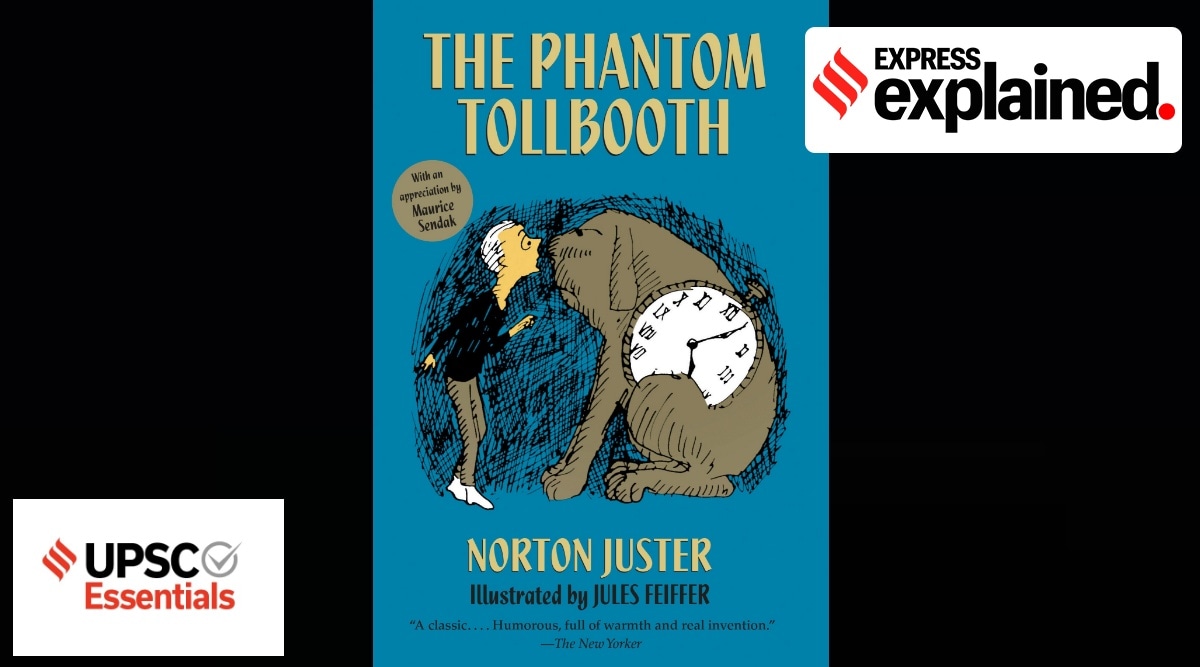

 The Trolley Problem (via Wikimedia Commons).
The Trolley Problem (via Wikimedia Commons).
